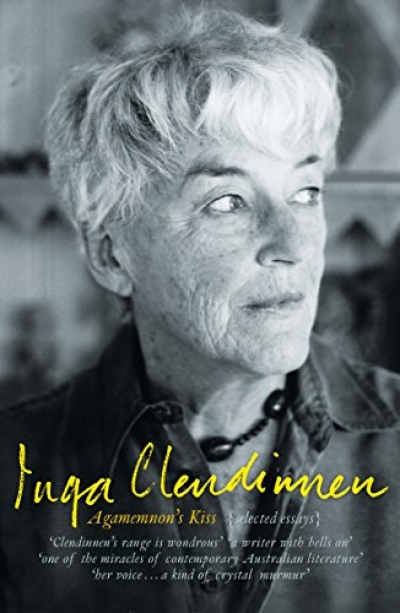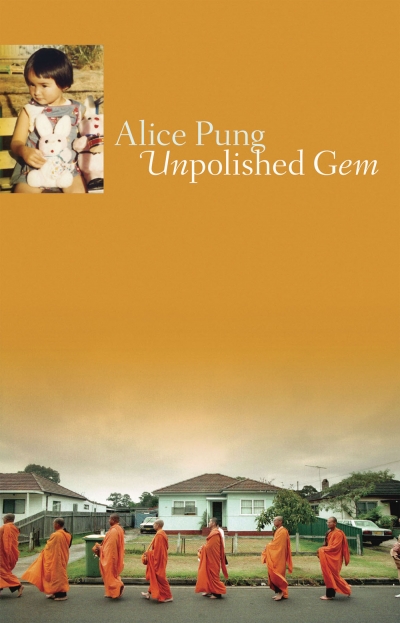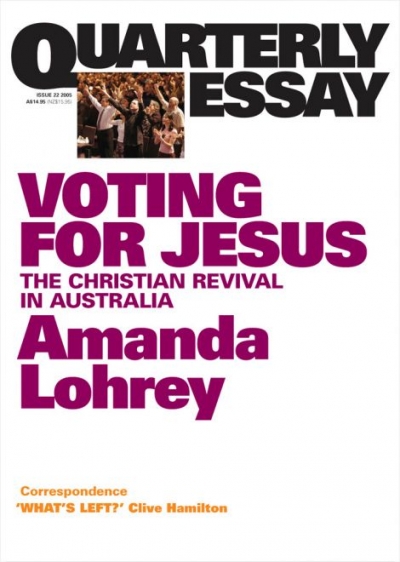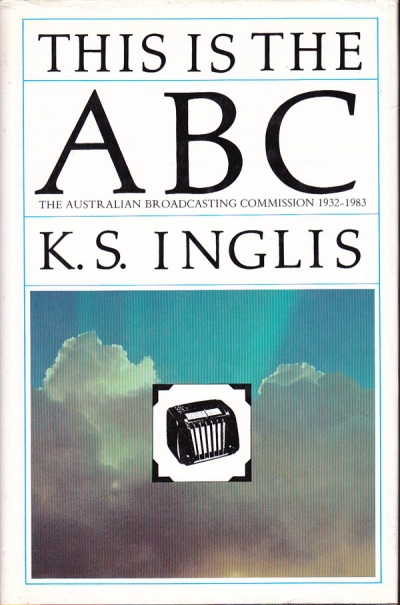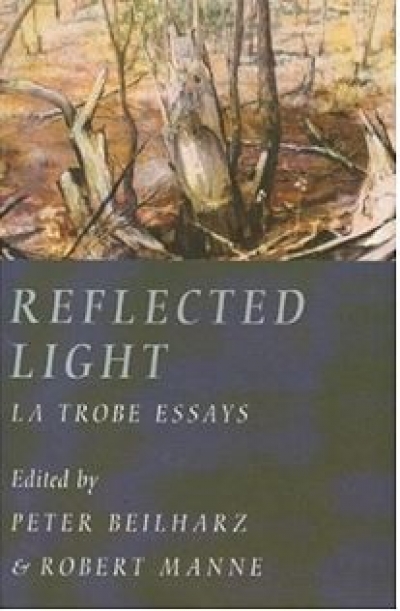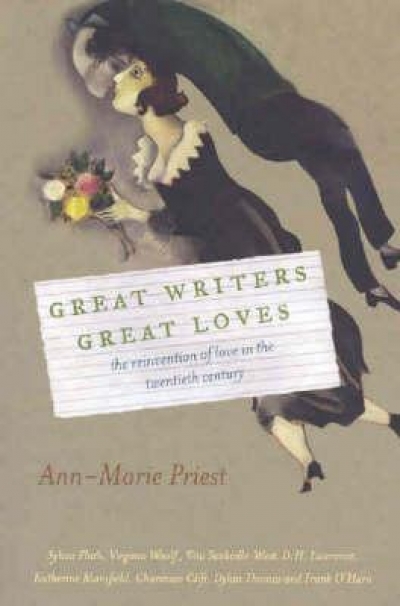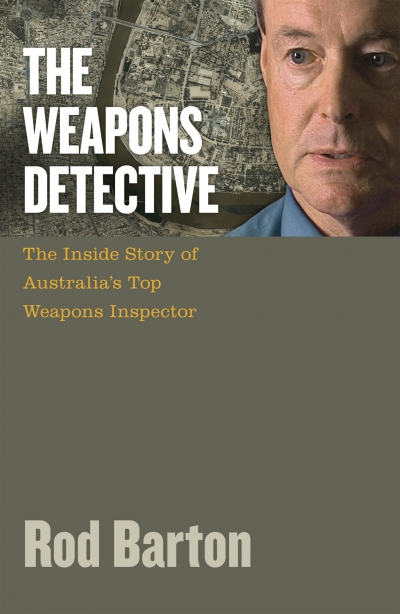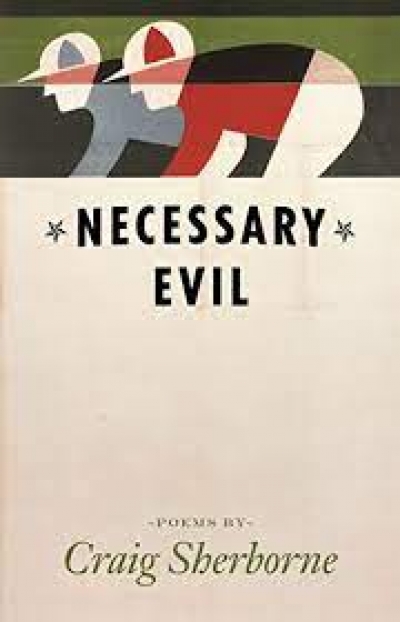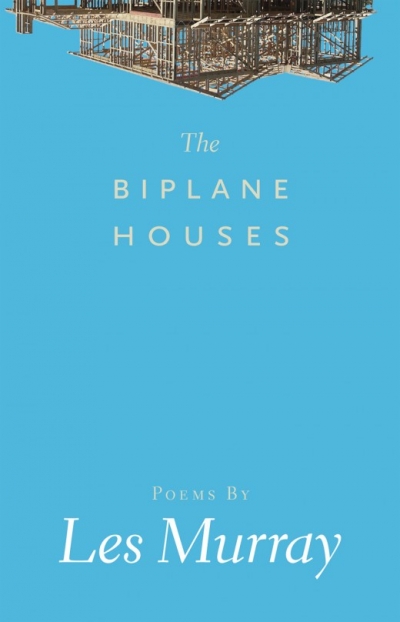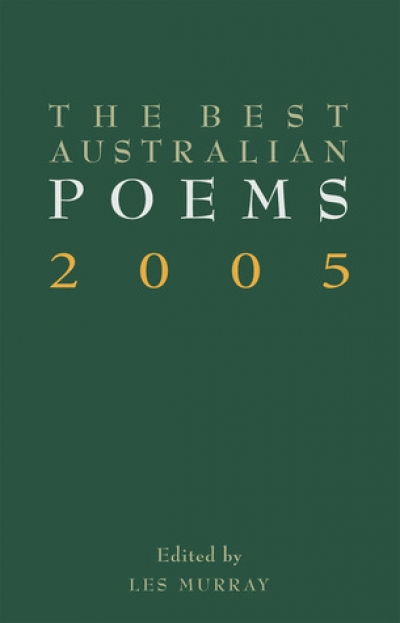Black Inc
Agamemnon’s Kiss by Inga Clendinnen & Quarterly Essay 23 by Inga Clendinnen
by Morag Fraser •
Quarterly Essay 22: Voting for Jesus: Christianity and politics in Australia by Amanda Lohrey
by Marion Maddox •
This is the ABC: The Australian Broadcasting Commission 1932–1983 by Ken Inglis
by Morag Fraser •
Reflected Light: La Trobe essays edited by Peter Beilharz and Robert Manne
by James Ley •
Great Writers Great Loves: The reinvention of love in the twentieth century by Ann-Marie Priest
by Rachel Buchanan •
The Weapons Detective: The inside story of Australia’s top weapons inspector by Rod Barton
by Richard Broinowski •
Biplane Houses by Les Murray & Collected Poems by Les Murray
by Lisa Gorton •

